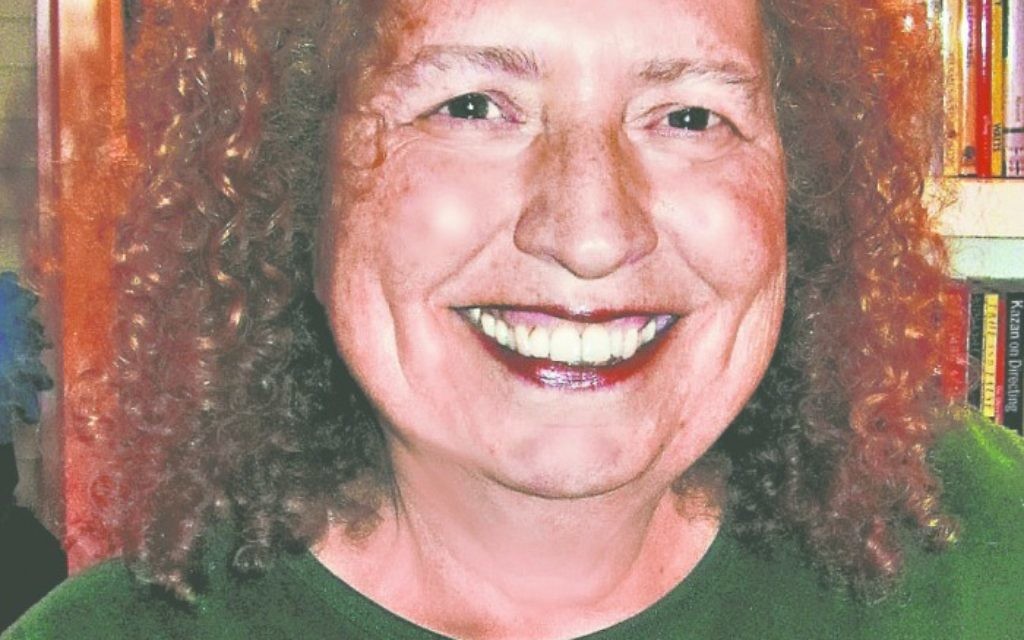My Father’s Bar Mitzvah
It was Monday in a 1928 Midwest winter. More men than usual were gathered around the Torah at the morning minyan in a small shul in the old Jewish neighborhood of St. Louis. It was just after dawn, snow still on the ground, frozen by the bitter weather.
Everyone present lived nearby. On weekdays they walked from home to the Shacharit service, davened quickly, then put on their galoshes, wool coats, mufflers, caps and gloves and made their way to the bus or streetcar they took to work.
The service and after-service whiskey on this particular Monday morning would last a bit longer than usual.
Get The AJT Newsletter by email and never miss our top stories Free Sign Up
It was the first time my father, Ben, a 13-year-old seventh-grader, had been to a weekday morning service; however, he was there for a good reason. He was going to be called to the Torah as a bar mitzvah. His father, Eliezer, and grandfather, Michoel, accompanied him to shul, along with one of his brothers, Harry. His other siblings went to school.
There was a certain amount of preparation necessary that morning. My father and his father brought food with them in brown paper bags. Their job was to get everything ready so that the men in attendance could join them for a small celebration before they left for work.
While Eliezer arranged jars of schmaltz herring (with a glass of toothpicks) and bottles of whiskey (with a group of shot glasses) on a side table, Michoel helped his grandson properly bind his new set of tefillin and arrange a full-size tallit around skinny shoulders. When he was satisfied that Ben now looked like an exact miniature version of the men around him, the service commenced.
In his new accouterments, Ben followed the prayers until he was called up to the Torah for an aliyah, after which he read the appropriate blessings. Everyone shouted, “Mazel tov!”
Then Eliezer recited the prayer in which he declared that his son would now carry out the mitzvot, relieving his parents of responsibility for him.
After his two minutes in the spotlight, Ben returned to his pew for the rest of the service. Then he rolled his tefillin, folded his tallit, put everything in velvet bags his mother had embroidered with his Hebrew name, Baruch, and hurried to the food. The herring and whiskey were quickly consumed, and Ben, Eliezer, Michoel, and their closest friends and relatives headed to their apartment.
Ben’s mother and the other women of the family had prepared a sumptuous “breakfast,” displayed on the dining room table, and everything was homemade from scratch: rugelach, blintzes, gefilte fish, kuchen, strudel, knishes, the works.
The feast lasted about an hour, then Ben changed his clothes and walked to school. By 11 o’clock he was doing math with his classmates.
That’s how my father became a full-fledged Jewish man.
He used his bar mitzvah tefillin his whole life, and only when he got married did he acquire a new tallit.
You probably want to know what kind of gifts Ben received. Most of his relatives presented him with a book or clothing. The tefillin and tallit were from his parents and grandfather.
“I was a normal 13-year-old,” my father told us when his own son, my brother, Aaron, was becoming a bar mitzvah, “and the best present I received was from my Uncle Nate and Aunt Frances. They gave me a baseball and a bat.”
Aaron, who already had several balls and bats, symbolized the next generation. “I want a set of golf clubs,” he said optimistically.
My brother became a bar mitzvah on a Shabbat morning in a big synagogue, and he ran most of the service. Our family sponsored a celebratory Kiddush. There was a motzei Shabbat party, too. After the guests had left and the caterer was clearing the hall, my brother, sister and I surveyed the beautifully wrapped gifts. Sure enough, leaning against the table of presents was a set of clubs. Twenty-five years later, Nate and Frances had come through again.






comments